Cart
Digital mixing desk
Voir les marques
Filters
Filter
54
Results :
Products per page
Sort

2016.00 €
1590.00 €

1728.00 €
879.00 €

870.00 €
516.00 €
Sales


1933.00 €
1499.00 €
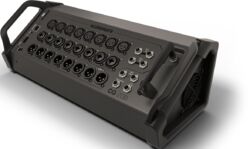
989.00 €
845.00 €
Sales


4499.00 €
3499.00 €
Sales


3999.00 €
2999.00 €
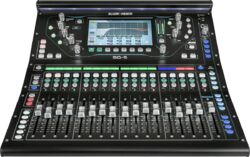
3649.00 €

2100.00 €
Bundle


2016.00 €
1824.00 €
Bundle


2016.00 €
1685.00 €
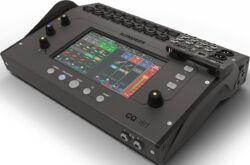
1166.40 €
990.00 €
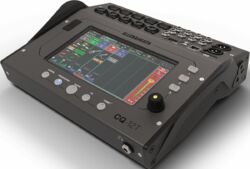
888.00 €
749.00 €

2520.00 €
2002.00 €

1199.00 €
1139.00 €

2449.00 €
Sales


1645.00 €
1099.00 €

599.00 €

1899.00 €
1723.00 €
sale


3914.40 €
3199.00 €
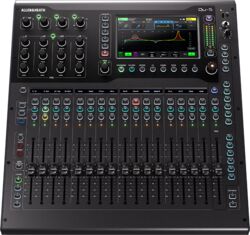
2100.00 €
2049.00 €
Sales


3549.00 €
2599.00 €

19318.00 €

538.80 €
328.00 €
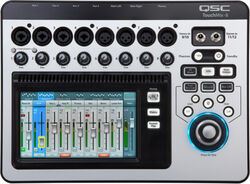
1499.00 €
999.00 €
new
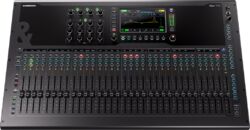

3600.00 €
3541.00 €
new
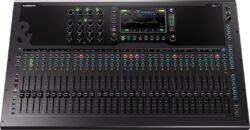

3300.00 €
3249.00 €
new
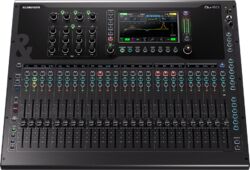

3000.00 €
2894.00 €
new
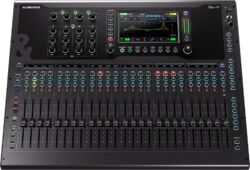

2700.00 €
2649.00 €
new
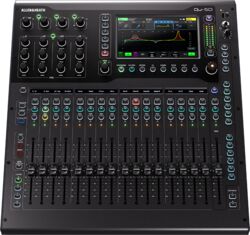

2448.00 €
2349.00 €
Brands in the category : Digital mixing desk
See more










